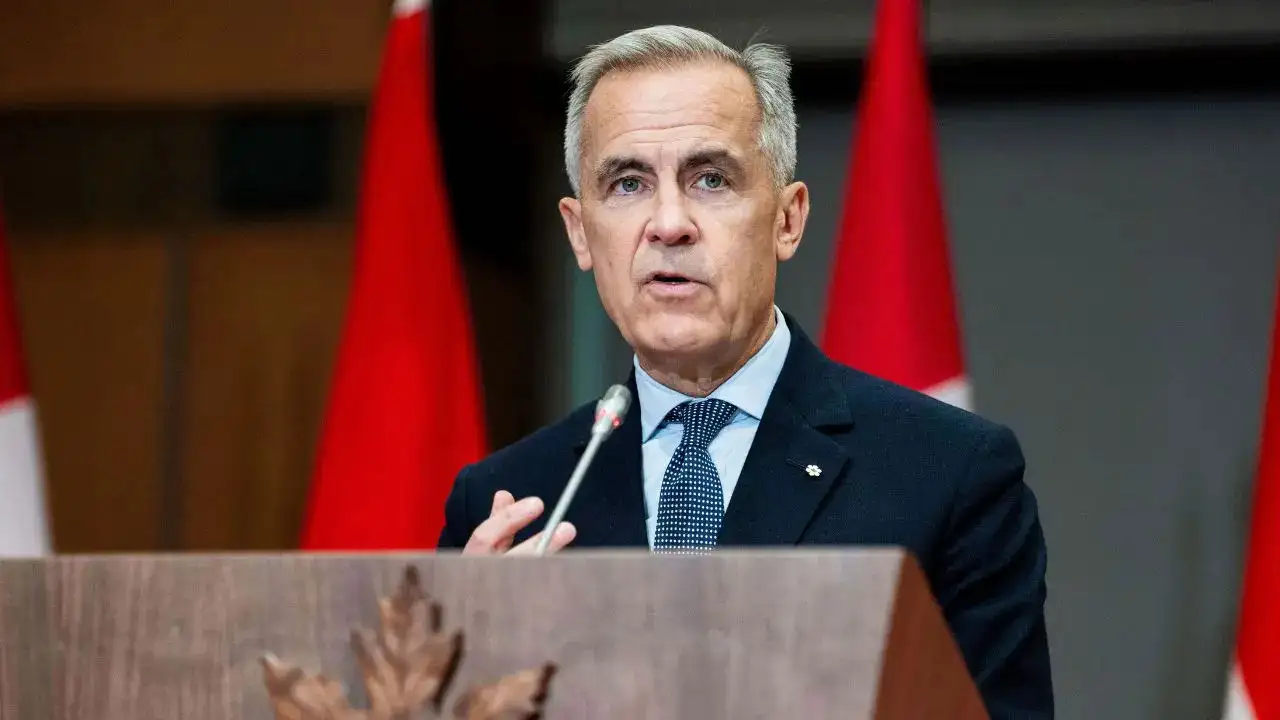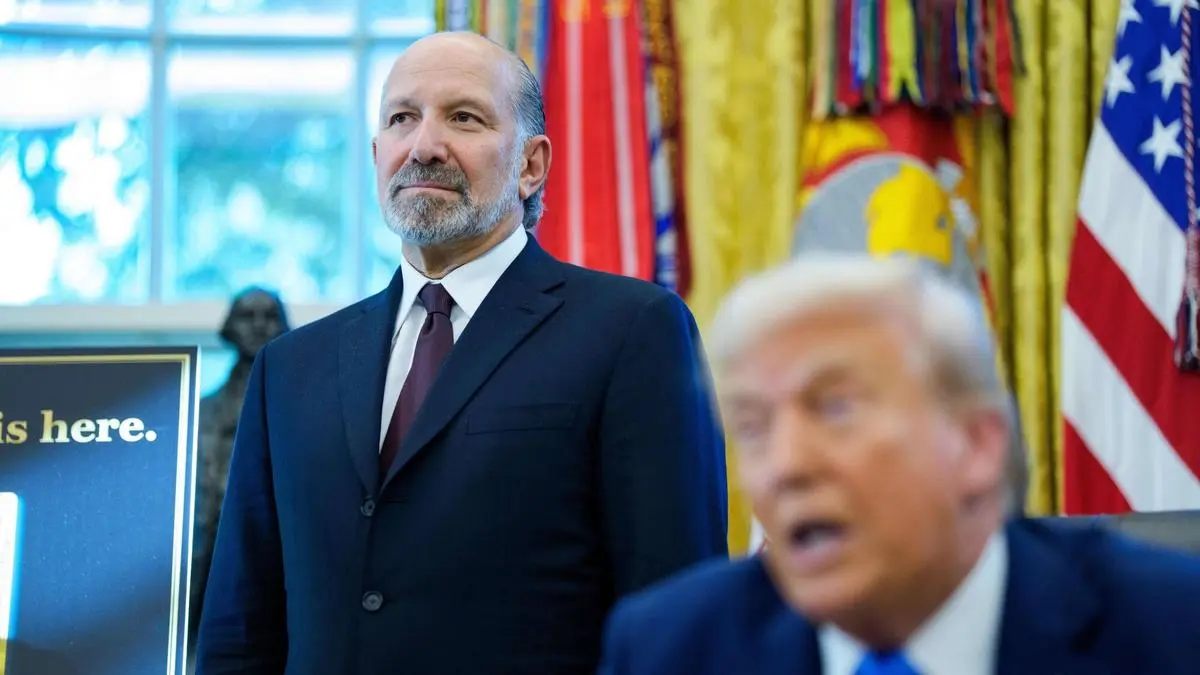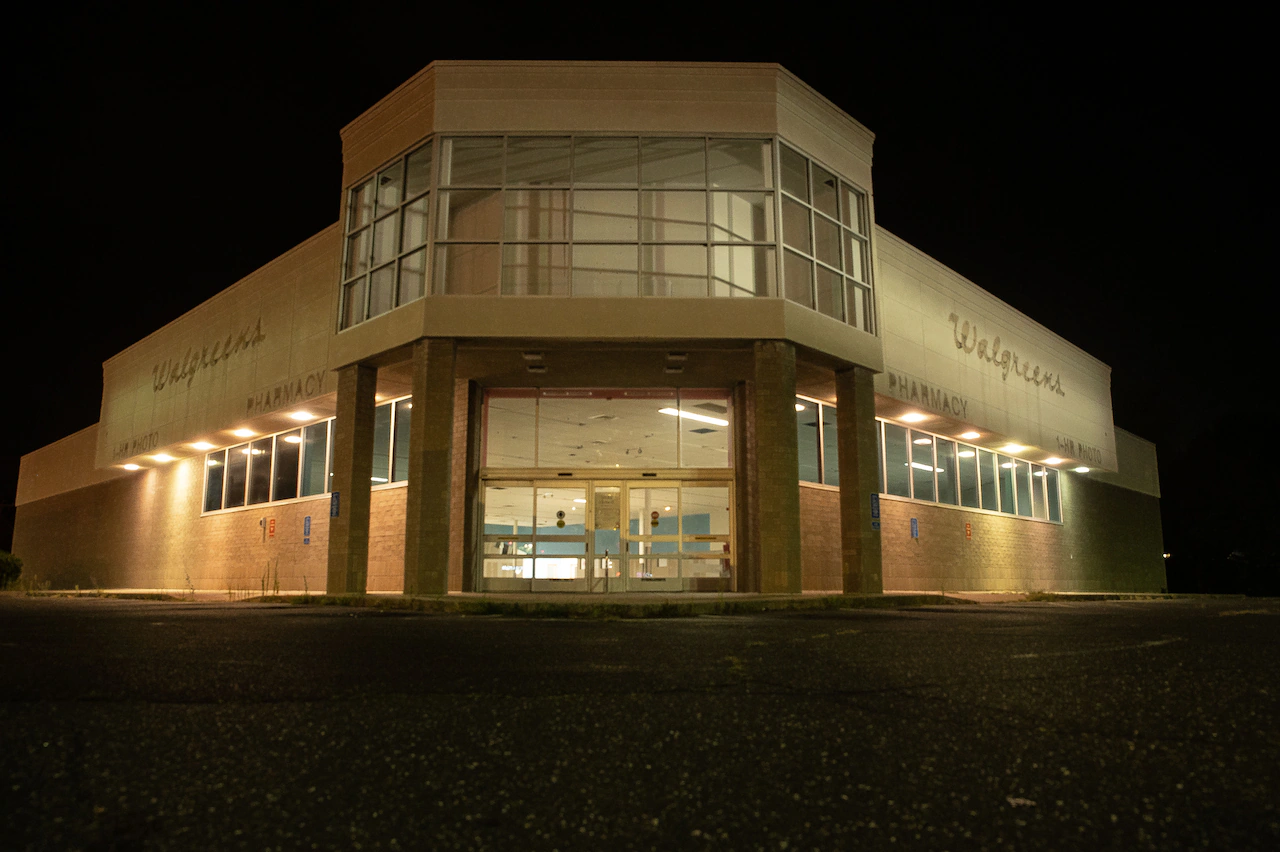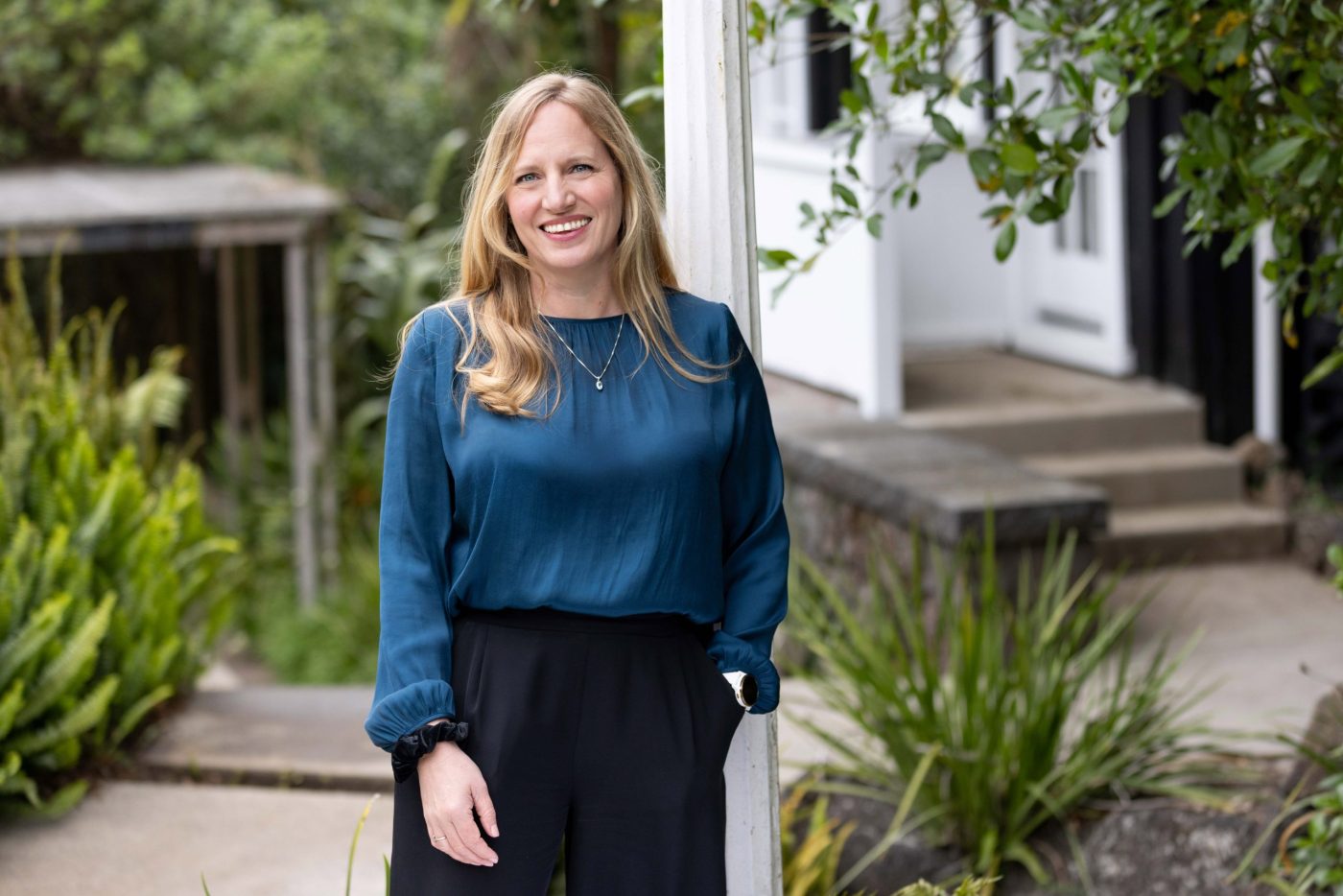Canada Looks to Cash In on Trump’s $100K H-1B Visa Shock, PM Carney Calls It ‘Opportunity to Attract Talent’
By Rounak Bagchi
Copyright timesnownews

Prime Minister Mark Carney on Saturday suggested that Canada could become the new hub for global tech talent as the US has made it harder for foreign workers to come into the country, imposing a $100,000 on the H-1B visa. Talking to reporters in London, Carney said, “What is clear is that the opportunity to attract people who previously would’ve got so-called H-1B visas.” He added that many of those workers are in the tech sector and willing to move for work. He further stated that his government was working on “a clear offering” for people who would otherwise have been eligible for the H-1B visa. Earlier in the week, while speaking before the Council on Foreign Relations in New York Carney had linked the American policy shift to Canada’s long-standing struggle to retain top researchers and engineers. “Unfortunately, most of them go to the US,” he said, adding: “I understand you’re changing your visa policy. Maybe we can hang on to one or two of them.” Also Read: Jaishankar’s Veiled Dig at Trump Over H-1B Move – Global Workforce A New Reality The remarks come amid the fallout from Trump’s announcement late last week that new H-1B applicants would be charged a $100,000 fee. The White House has said that current visa holders will not be affected, but the changes, which took effect Sunday, are expected to deter thousands of foreign workers from seeking employment in the United States. Business leaders and immigration experts in Canada have urged the Carney government to act quickly. “This is a wonderful opportunity for the Canadian government to take advantage of,” Evan Green, a Toronto-based immigration lawyer, told BBC. A memo from Build Canada, a non-profit focused on productivity, made a similar plea on Monday, calling on the government “to move fast.” The organization argued that Canada is “the natural destination” for workers displaced by US visa restrictions, citing the country’s “world-class research institutions, similar time zones, and high quality of life.” A 2020 study by the National Bureau of Economic Research found that after the United States sharply restricted H-1B visas in 2004, multinational companies simply moved many of the same employees to Canada. In 2023, Canada had introduced a special program for US-based H-1B visa holders, allowing them to apply for three-year Canadian work permits. Applications closed within 24 hours after reaching the 10,000-person cap.



